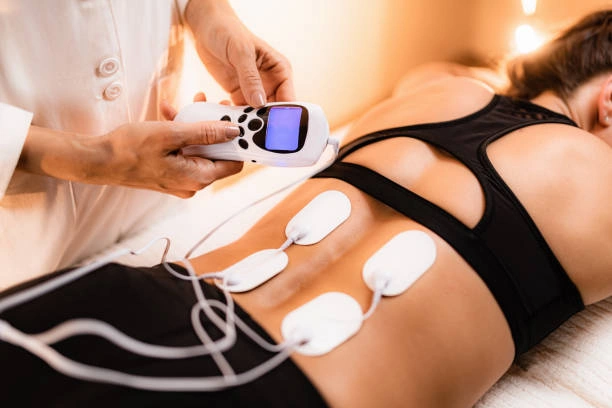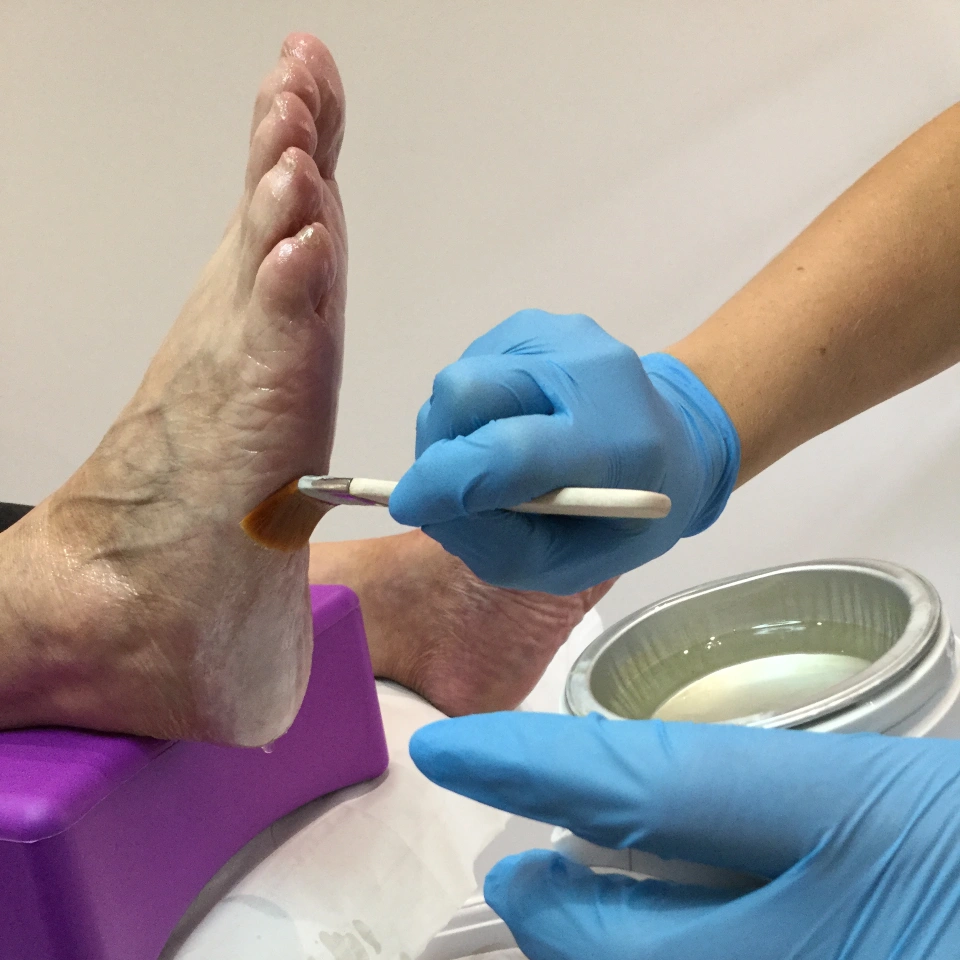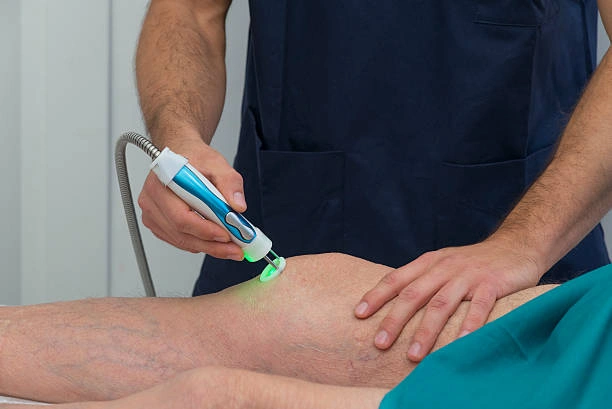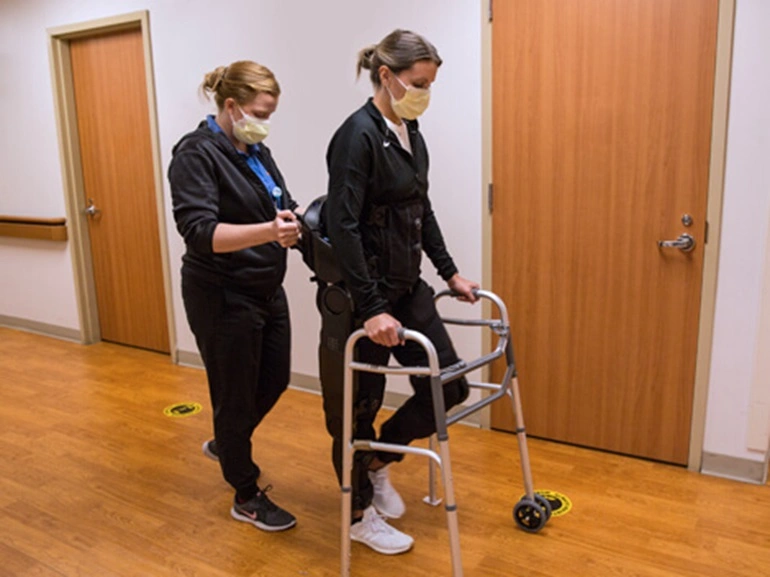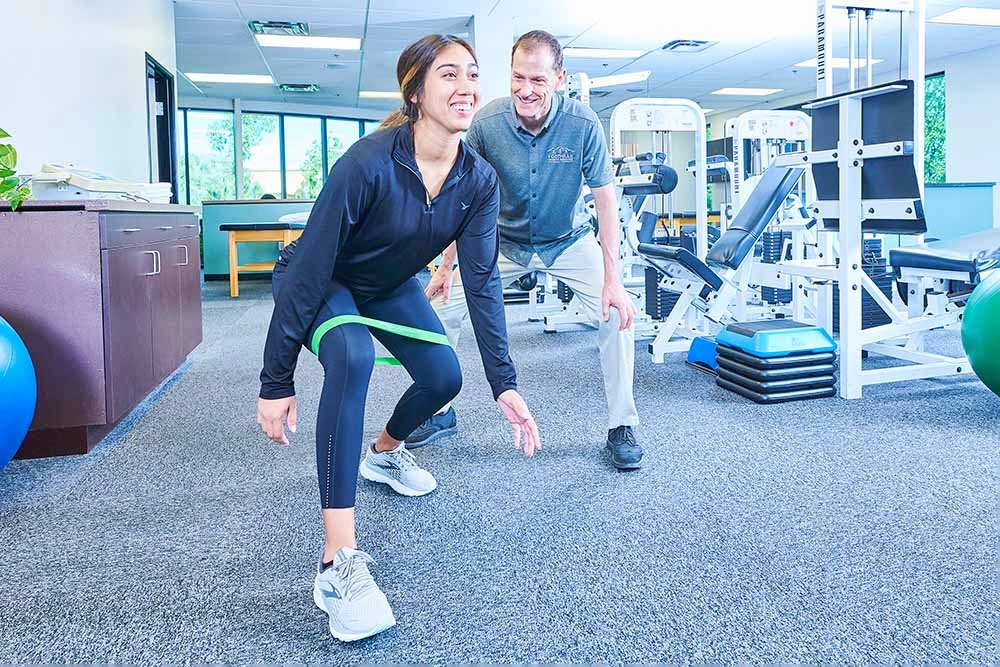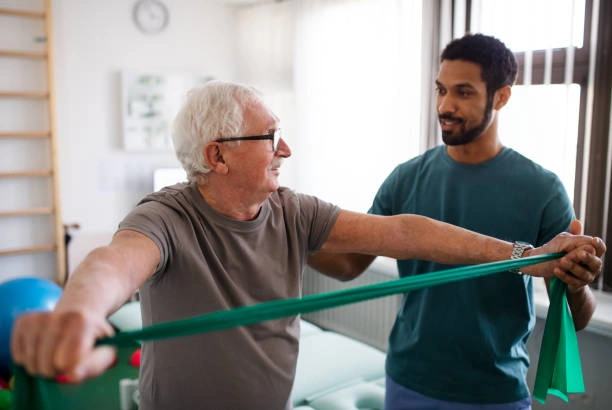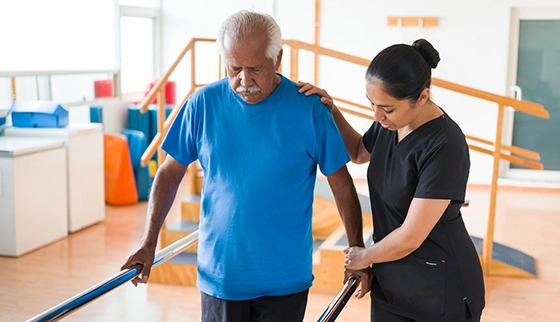
Clinical Physiotherapy
Physiotherapy at a clinic involves the assessment, diagnosis, and treatment of physical conditions and injuries by licensed physiotherapists. Physiotherapy in a clinic setting provides a structured environment for rehabilitation, utilizing specialized equipment and techniques to facilitate recovery and improve overall physical health.
Key Features:
- Personalized Treatment Plans
- Specialized Equipment
- Licensed Physiotherapists
- Structured Rehabilitation Environment


